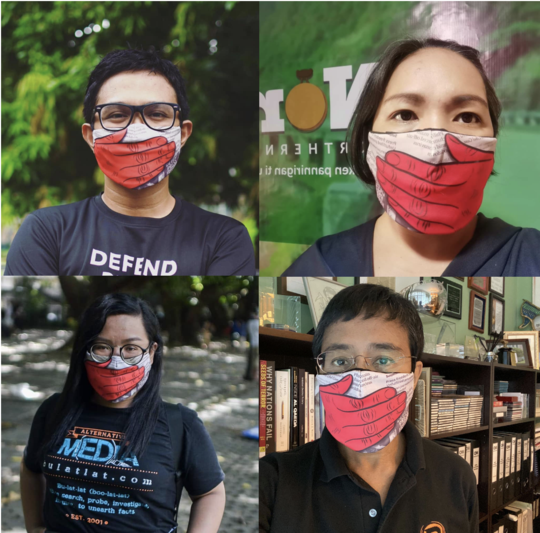In a meeting on June 17, SEAJU leaders and activists from Cambodia, Indonesia, Malaysia, Myanmar, Philippines, Timor Leste and Thailand said journalists working through the Covid-19 pandemic were being exposed to infection while performing their vital role in to keep societies informed. With mass vaccinations still a distant reality, the pandemic continues to roil the region with Malaysia now surpassing India in terms of daily cases recorded.
SEAJU calls for priority and access to be given by governments to all journalists and to recognise their critical role as frontline workers. It also said media companies employing journalists must ensure journalists are provided with personal protective equipment. Failure to do so is critical failure in their duty of care as employers.
SEAJU also noted its concern across the board at late payment of wages and reductions in salary of media workers which was impacting the stability and sustainability of the industry.
The issue of prioritising the role of media was a unifying issue for all journalist unions and representative groups, with SEAJU saying governments should follow the lead of progressive governments in the region that are putting a priority on media’s role.
In Malaysia, the National Union of Journalists (Peninsula Malaysia) and media activists last month succeeded in finally fast-tracking vaccinations of Malaysia’s 5,867 media workers after months of promises and delays by Malaysian authorities. In India many state governments have declared journalists as frontline workers. In Nepal, journalists had been given free medical support in government budgets, while journalists in Pakistan’s Punjab province were granted a Covid-19 relief package which will ensure compensation for those who contract the disease as well as the provision of protective equipment for media workers.
SEAJU said the governments of South East Asia must do more to uphold the rights of media workers and ensure journalists be paid for the vital work they do.
The SEAJU said: “All journalists in South East Asia must be declared frontline workers and be given access to vaccines as soon as possible. Media freedom and journalist safety is vital for this region during this time of pandemic to keep societies informed.”
The IFJ said: “IFJ reiterates the call of SEAJU to respect media worker rights as frontline workers and human rights defenders.”

